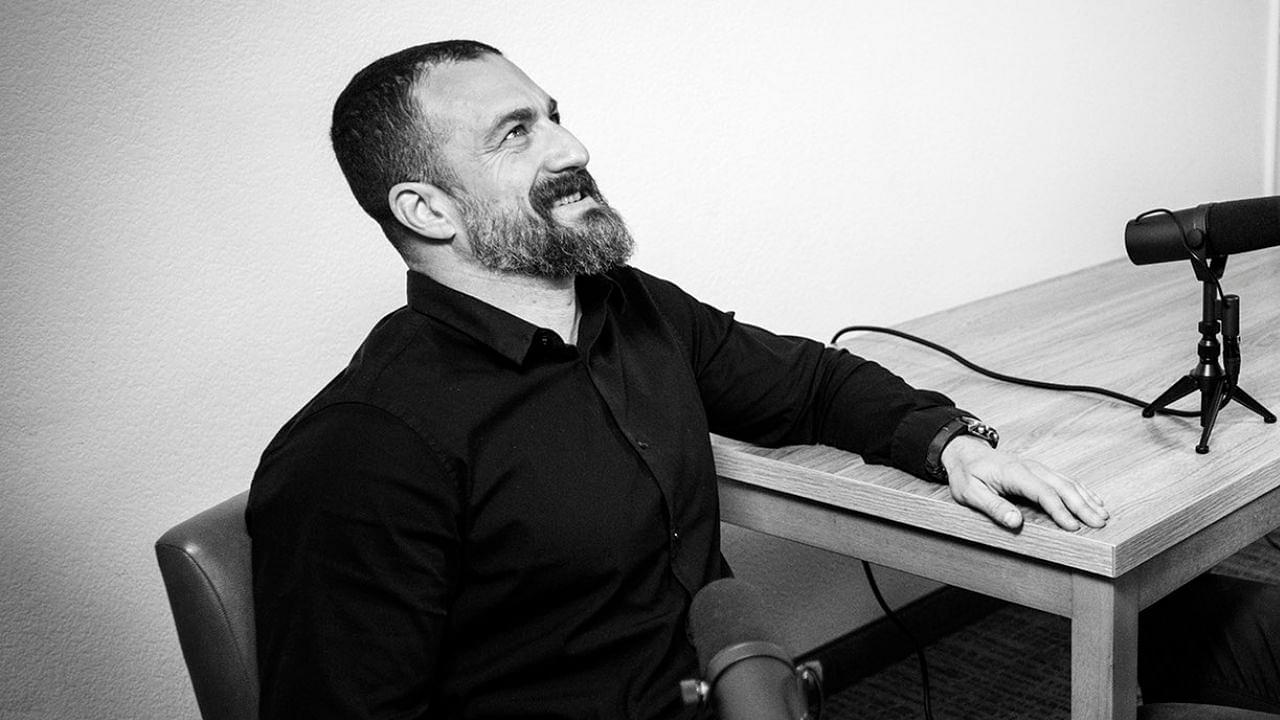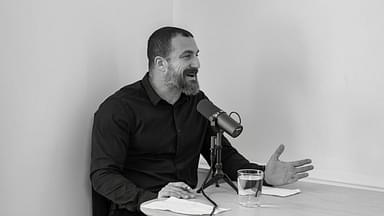Oral health finds links to the well-being of other parts of the body. This is why neuroscientist Dr. Andrew Huberman has often talked about certain tools and protocols that one could use to keep it in good shape. The overall health of the mouth cavity, including the state of the teeth, gums, and pH levels, impacts the rest of the body in numerous ways.
In his recent detailed video, Dr. Huberman addressed various practices to maintain oral health and even busted some myths. While the task might be tricky, there were a few rules to abide by that helped the microbiome inside mouths thrive.
Small choices and changes could make a huge difference. The neuroscientist cited examples of how replacing one’s common alcohol-based mouthwash with plain water could lead to better oral health. And while there was a list of changes that one would need to incorporate into their routine, there was no denying that it all added to one’s overall mental and physical well-being.
Another important aspect of maintaining oral health was how low-cost, easy methods were often the solution to the root of the problem. It was possible to aid the remineralization of teeth by simply following some do’s and don’ts.
“I certainly wasn’t aware that we could remineralize our teeth at any moment by changing the acidity of the chemical milieu of our mouth, and that they’re very straightforward, cost-saving, zero cost, and low-cost ways to do that.”
However, this also brings up an issue. While extensive solutions are available to maintain oral health, one could not possibly experiment with every single one of them. Dr. Huberman brought up the practice of oil pulling as an example. Sworn as one of the most effective ways to combat bad oral hygiene, swishing oil inside the mouth is quite popular amongst the masses.
“Am I suggesting that everyone do oil pulling? No, I don’t think the peer-reviewed evidence on oil pulling is sufficient…but as a practice, considering that it’s you know essentially near zero cost…if that’s something that you feel benefits you great.”
The bottom line is that to ensure good oral hygiene, one must keep the mouth microbiome healthy. Dr. Huberman listed some practices to avoid for the oral cavity to thrive in a previous segment.
Oral hygiene no-nos by Dr. Andrew Huberman
While brushing and flossing are two of the basic steps to follow when it comes to maintaining oral health, there are many red flags to avoid. The neuroscientist listed six practices that could hamper the mouth’s inner environment, therefore causing oral health issues.
Alcohol, sugar, acid, supplements, smoking, and mouth breathing should all be avoided. These practices contribute to drying the mouth and knocking off the pH levels of the microbiome, ultimately creating a reaction that encourages bad bacteria to thrive and cause oral health problems.





